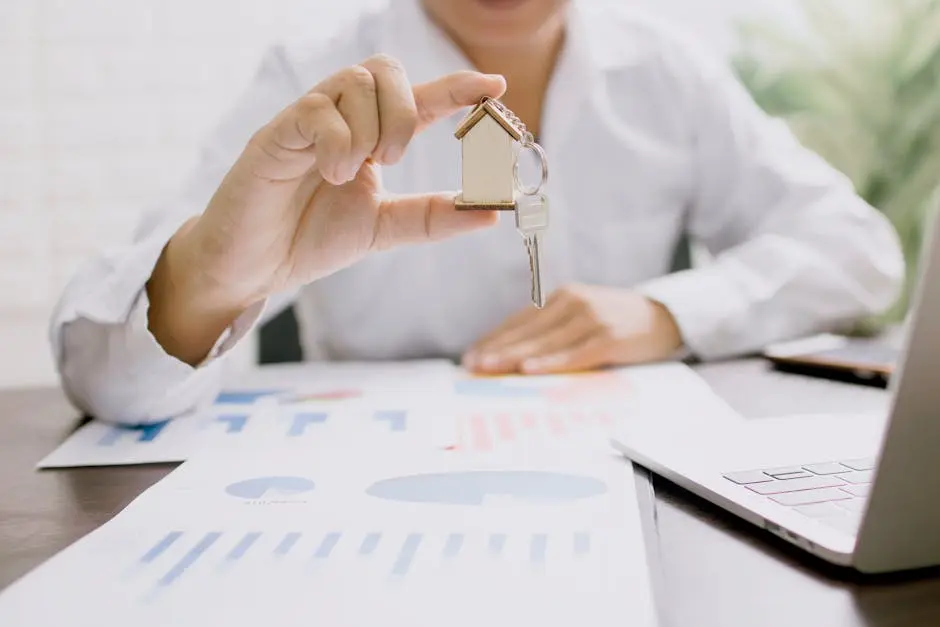NVR vs. DVR: Which Home Security System Is Best for You?

When it comes to home security, picking the right system can feel overwhelming, especially with all the choices out there. Two of the most popular options are Network Video Recorders (NVR) and Digital Video Recorders (DVR). Both serve the same primary purpose—recording video from your security cameras—but they go about it in different ways. So, how do you know which one is best for you? Let’s dive in and break it down.
What Are NVR and DVR Systems?
Before you decide, it’s important to understand what NVR and DVR systems are and how they work.
DVR (Digital Video Recorder):
DVR systems are the classic option for video surveillance. They work with analog cameras, the kind you’ve probably seen in older setups with thicker cables. Here’s how DVRs operate:
- Cameras: DVRs use analog cameras, which send raw video signals through coaxial cables to the DVR.
- Processing: The DVR processes and records the video footage onto a hard drive.
- Installation: Each camera requires its own cable running to the DVR, so installation can involve a bit of wiring.
NVR (Network Video Recorder):
NVR systems are the modern choice, designed to work with IP (Internet Protocol) cameras. These cameras are the sleeker, more advanced ones that connect to your network. Here’s the scoop on NVRs:
- Cameras: NVRs use IP cameras that capture and send digital video over your network.
- Processing: The video is processed either in the camera or at the NVR and then stored on a hard drive.
- Installation: IP cameras can connect via Ethernet cables (which can also provide power through PoE, or Power over Ethernet) or wirelessly, making the setup more flexible.
NVR: The Modern Choice for High-Quality, Flexible Security
- Advanced Camera Technology: NVRs use IP cameras that capture and transmit high-quality digital video, offering superior resolution and more advanced features.
- Simpler Installation: With Ethernet cables or Wi-Fi, NVR systems offer easier, cleaner installation, especially with Power over Ethernet (PoE) technology.
- Scalable and Flexible: Adding more cameras is straightforward—just connect them to your network. NVR systems are highly scalable and adaptable to changing security needs.
- Smart Home Integration: NVRs excel in remote access and integrate seamlessly with smart home devices, giving you control from anywhere.
DVR: The Reliable, Cost-Effective Security Solution
- Trusted Camera Technology: DVRs work with analog cameras, providing a reliable and cost-effective solution for video surveillance.
- Cabling Requirements: DVR systems require coaxial cables for each camera, which involves more extensive wiring during installation.
- Ideal for Existing Setups: DVRs are great if you already have an analog system and want to upgrade without replacing everything.
- Solid Remote Viewing: While DVRs may not offer the same smart home integration as NVRs, they still provide reliable remote viewing capabilities.
Which System Is Right for You?
Now that you know the basics, how do you choose between an NVR and a DVR?
Choose DVR if:
- You already have analog cameras and want to upgrade your recording system without starting from scratch.
- You’re looking for a reliable, budget-friendly solution.
- You’re not planning to expand your security system anytime soon.
Choose NVR if:
- You’re starting fresh and want the best video quality possible.
- You plan to expand your system in the future.
- You’re looking for easy installation with fewer cables.
- You want advanced features like smart home integration and remote access.
Final Thoughts
Whether you go with an NVR or a DVR, the most important thing is that you’re taking steps to protect your home. Each system has its strengths, so your choice should depend on your specific needs and future plans. If you’re after top-notch video quality and a system that’s easy to expand, an NVR might be the best fit. But if you’re upgrading an older setup or want a more straightforward solution, a DVR could be the way to go.
Whichever path you choose, you’re investing in peace of mind—and that’s what really matters. So, what do you think? Are you leaning toward NVR or DVR? Let me know in the comments!


